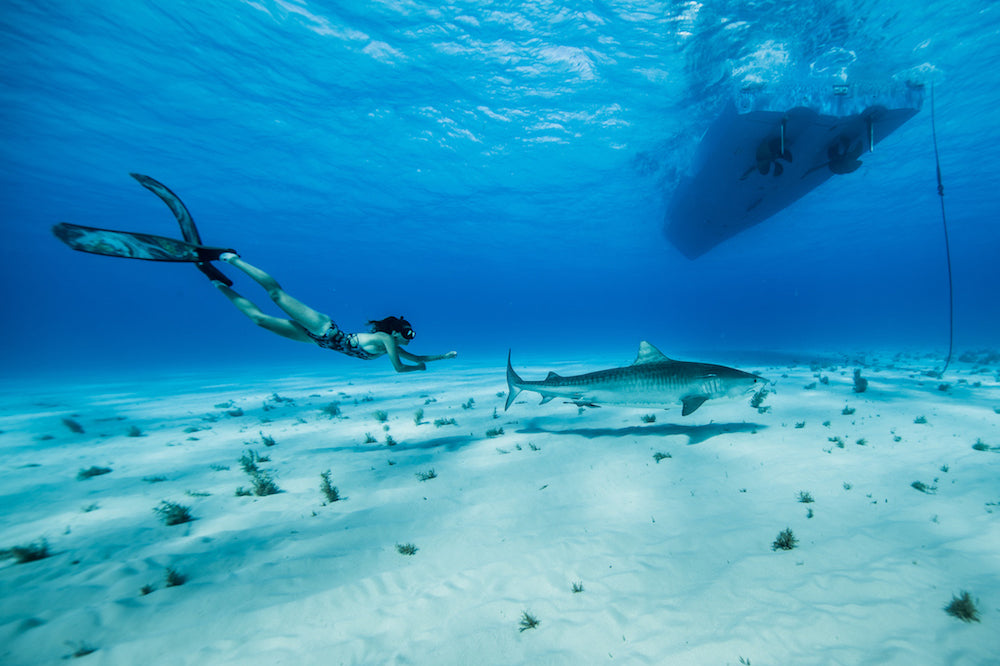
‘Do I Need to Know How to Swim to Scuba Dive’ and Other Frequently Asked Questions
Before learning to scuba dive, it’s natural to have some questions. Exploring the underwater world can be nervous at first, however it is also exciting and amazing. Here we answer some common questions about learning to dive.
Do I need to know how to swim to scuba dive?
Since it’s in the title, we thought we better address this first. If you’ve thought about this, you’re certainly not alone. For safety reasons, there are some minimum swimming requirements. You will need to complete a 200 metre swim – this can be any stroke and isn’t timed, so you can take your time. You’ll also need to float for ten minutes – you can do this laying on your back or by treading water. Finally, you’ll complete some basic snorkelling skills. The most important thing is your level of comfort in the water. The more comfortable you are,the more enjoyable your diving will be, so if you’re not there yet, taking a couple of swimming lessons or classes may help improve your skills and confidence ahead of your course.
Do I need to own my own gear?
Not at all. Make sure you check with the dive centre that they have gear available for hire but most Dive Shops will have well maintained gear available for you to hire for a small cost. Of course, as you progress you might decide to purchase your own gear.
Where should I learn to dive?
There are so many things that will affect the answer to this popular question. There are many benefits of learning to dive in your local area, and other benefits of learning to dive while on holiday! Consider if you have any upcoming trips to countries that you’d like to dive in; think about the types of marine life you would like to experience and conditions such as water temperature and seasons.
How much will my course cost?
Prices can vary depending on location, class size and other factors.
Can I dive with a medical condition?
Medical conditions don’t necessarily mean you can’t dive however only a doctor can assess a person’s individual risk. Doctors can consult with the Dive Alert Network(DAN) as needed when assessing fitness to dive.
Is learning to dive hard?
When you learn to dive for the first time, you may feel overwhelmed at first with all there is to learn. But, as with everything, nothing is as hard as it seems, You get access to the learning materials in both video and written form, and can easily learn the material the way that suits you best. Your instructor is also there to give you the support you need in order to take in all the information.
Once you have gone through the theory, you’ll have your confined water tests. During these tests, you’ll quickly find your pace and learn that the instructor lets you tick off the different challenges at your own speed. Some may find it more difficult than others to remove their mask and put it back on, while others may struggle a bit more with the fin pivot. Either way, your instructor will let you take your time and find your comfort zone.
So to me, this post answers the question of whether learning to dive is hard – and the answer is no.
I don’t have a dive buddy, can I still learn to dive?
Absolutely! If you don’t have a buddy, your dive centre will be able to pair you with someone for your course – who knows, you might make a lifelong friend.
How long will the course take?
Progression through courses is based on mastering skills rather than set time periods. Some people will progress more quickly whereas others may need a little more time on a particular skill. This means once you’ve completed you’re certification you’ll be truly equipped with the skills you need to dive.
Leave a comment
Comments will be approved before showing up.


